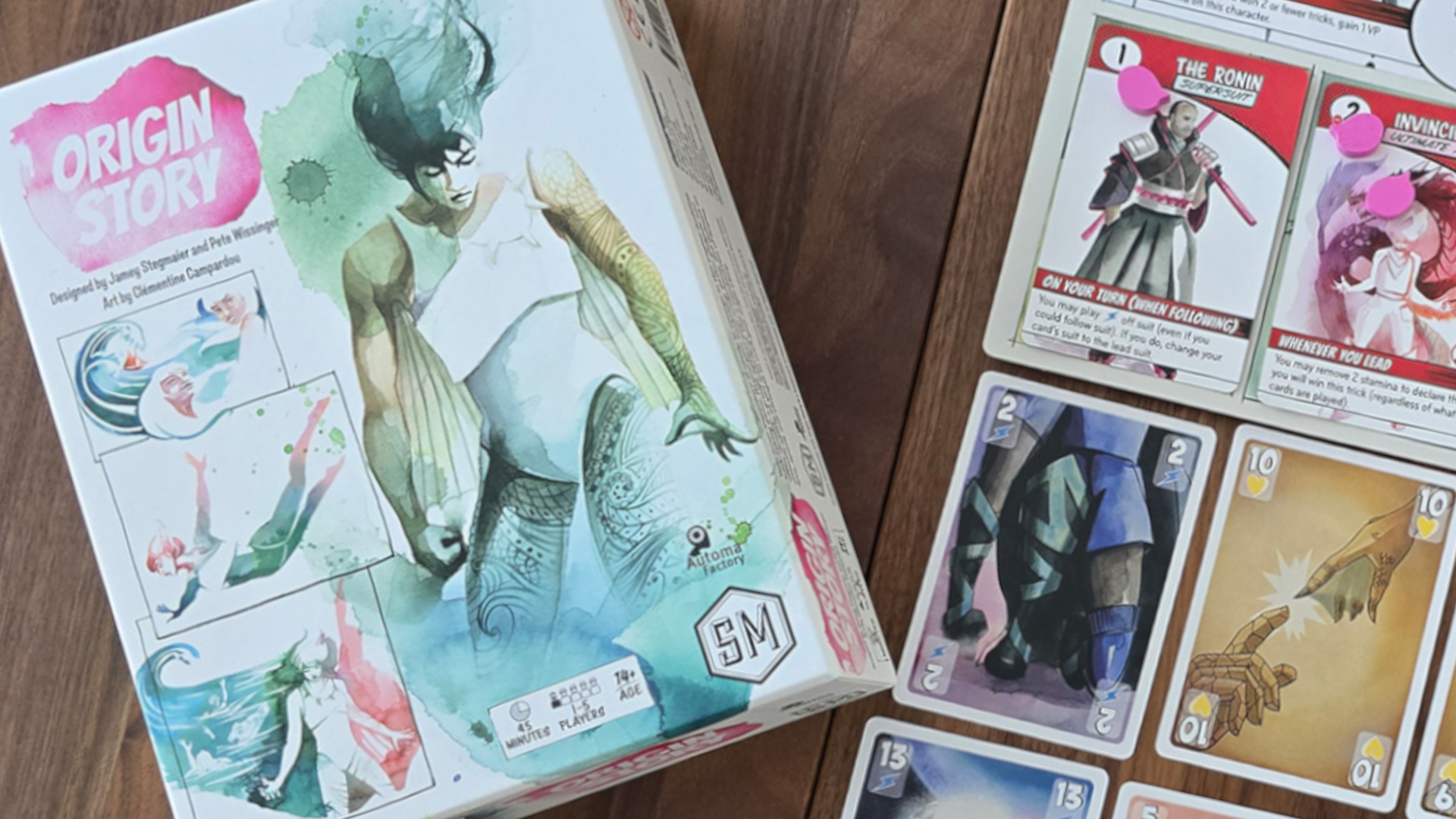The Long Walk screenwriter says that major ending change was made "for fans of Stephen King" and to honor the horror author's work: "When we heard back that he liked the idea, it was off to the races"
Exclusive: JT Mollner explains the motivations behind the biggest change in the feature-length adaptation

The Long Walk screenwriter JT Mollner says that major ending change was not only for fans of the book, but to honor Stephen King's work overall.
Warning: Massive spoilers for The Long Walk ahead! If you haven't seen the movie, turn back now!
"I wanted to make those changes for the fans of Stephen King and for the fans of the novel. I love that you enjoyed them, and I love that most people who are Stephen King fans enjoyed them," Mollner tells GamesRadar+. "And the goal was to make these changes without pissing off constant readers, because we wanted to keep the DNA but also put something in that would surprise people who read the book, because why have the exact same experience twice? So hopefully, we thread that needle properly, but I'm really happy with the ending. And the reason I'm happy with it, and the choices we made, is because Stephen King said he was happy with it."
The story follows Ray Garraty (played by Cooper Hoffman), a young man living in what's left of the United States who decides to enter the annual contest known as the Long Walk. The rules are simple: 50 men walk at a fixed speed of 3 mph (though it's 100 men at 4 mph in the book), for as long as they can. The goal is to keep walking until one walker is left alive, and the winner (after watching everyone either die by gunfire, injury, or both) gets to have whatever he wants...no questions asked. Along the way, Garraty forms a brief but beautiful friendship with fellow walkers McVries (David Jonsson), Baker (Tut Nyuot), and Olson (Ben Wang). At the center of the book is the relationship between Garraty and McVries, and the movie takes this one step further.
In the book, Garraty has no real motivation for entering The Long Walk other than the fact that his father was taken away by the Major (Mark Hamill) for speaking out against it. In the movie, Garraty's father is executed in front of him for allowing him to read banned books as well as banned music, in addition to speaking out against the government. Garraty plans to win The Long Walk so he can shoot the Major dead on live television and avenge his father.
The book ends with McVries voluntarily being shot, so that Garraty can win the contest. But instead of stopping, he sees a shadowy figure in front of him...and keeps walking into the night. In the movie, it's Garraty who sits down and voluntarily dies, leaving McVries to win the contest. Horrified and devastated (which is an understatement), McVries tells the Major that he wants the gun that one of the soldiers is holding. He shoots the Major, telling the TV cameras and the crowd that it's for Ray Garraty, and walks off into the night.
The film currently sits at a 97% on Rotten Tomatoes, with many critics praising the ending and noting that the change serves to elevate the source material and highlights Garraty and McVries's beautiful relationship.
Bringing all the latest movie news, features, and reviews to your inbox
Continued Mollner: "That's all that really mattered to me. In the end, [director] Francis [Lawrence] wanted to do this. We made the decision. We knew that we had to get Stephen King to sign off on it. And I was fully prepared. If he gave us a thumbs down, I wouldn't have wanted to do it. We wanted to honor him, and we wanted to honor this work. When we heard back that he liked the idea and he liked the ending, it was off to the races."
The Long Walk is in theaters now. For more, check out our guide to The Long Walk ending explained. For even more, read our The Long Walk review or check out our guide to all the upcoming Stephen King movies and shows you need to know about.

Lauren Milici is a Senior Entertainment Writer for GamesRadar+ based in New York City. She previously reported on breaking news for The Independent's Indy100 and created TV and film listicles for Ranker. Her work has been published in Fandom, Nerdist, Paste Magazine, Vulture, PopSugar, Fangoria, and more.
You must confirm your public display name before commenting
Please logout and then login again, you will then be prompted to enter your display name.


